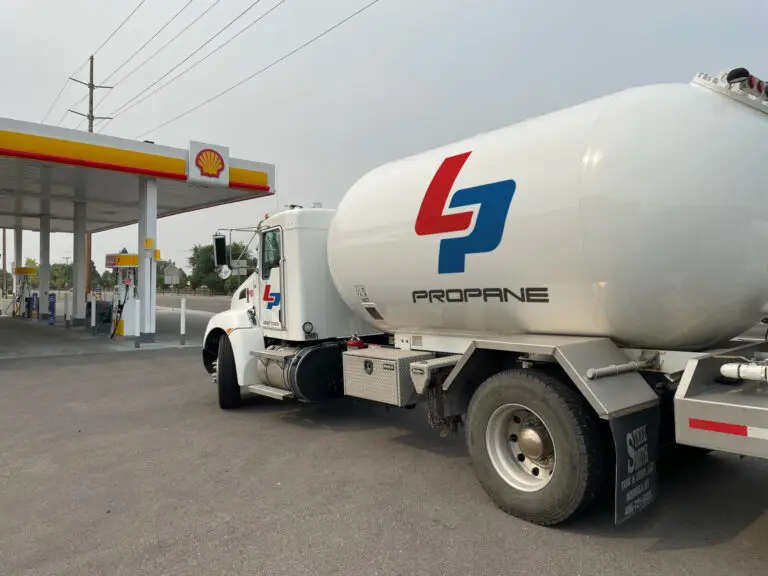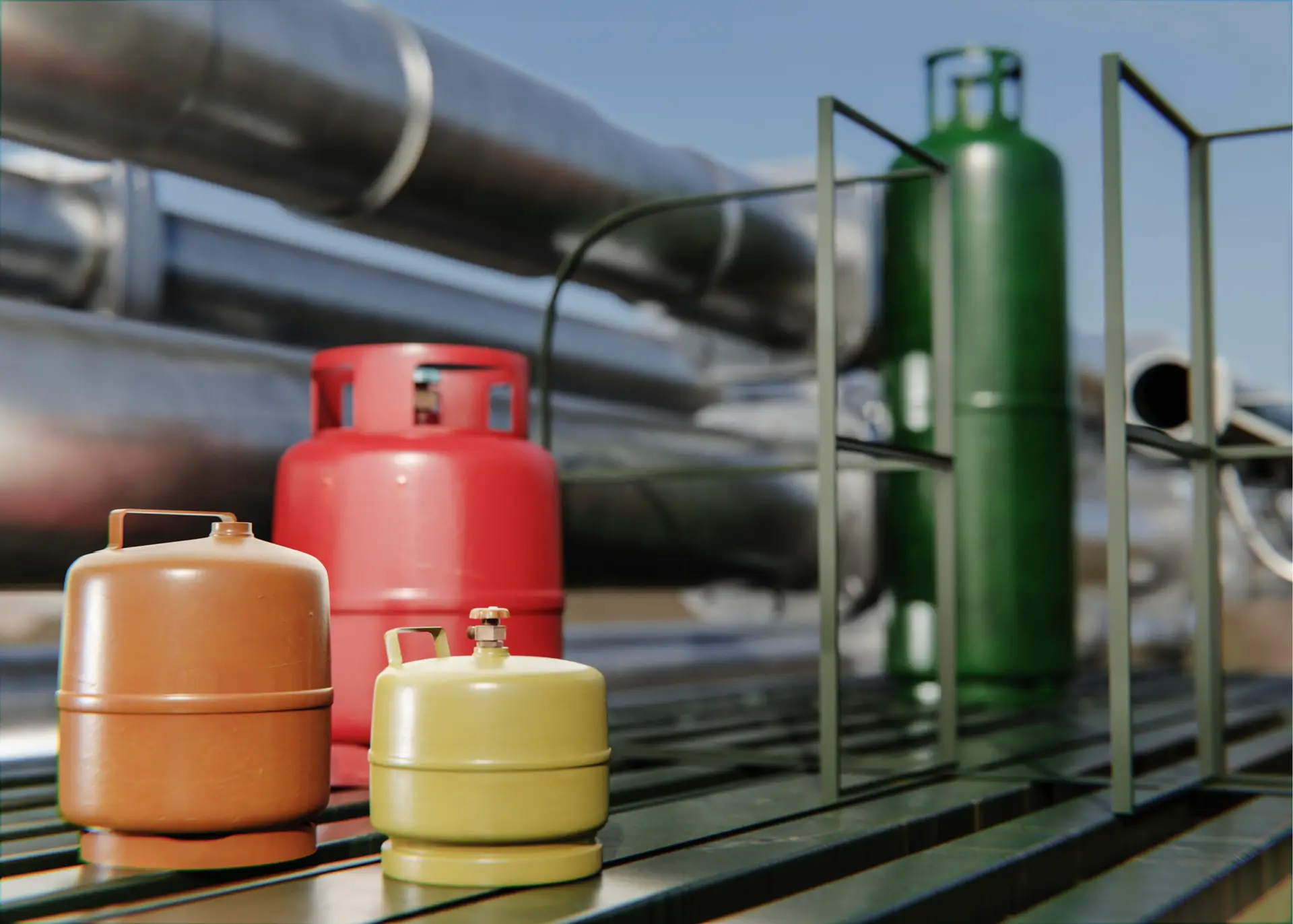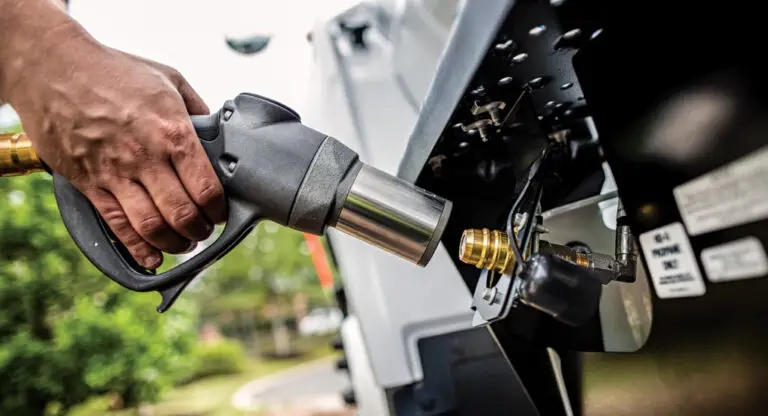
5 Reasons Why Liquid Propane is the Energy Source of Tomorrow
5 Reasons Why Liquid Propane is the Energy Source of Tomorrow With the growing energy demands around the world and sustainability being one of the driving forces, the hunt for reliable, efficient and future-focused energy solutions is ongoing. Availability is

